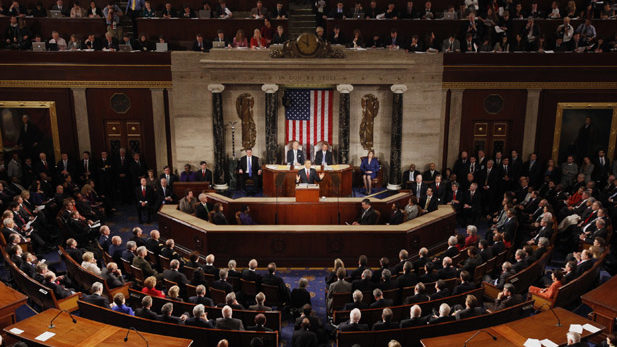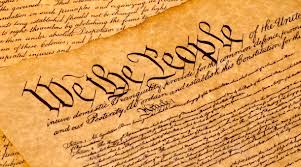Magna Carta’s Influence on the Declaration of Independence & U.S. Constitution
The Magna Carta created the moral and political premise that, in many ways, the American founding was built upon. The Magna Carta came to represent the idea that the people…

